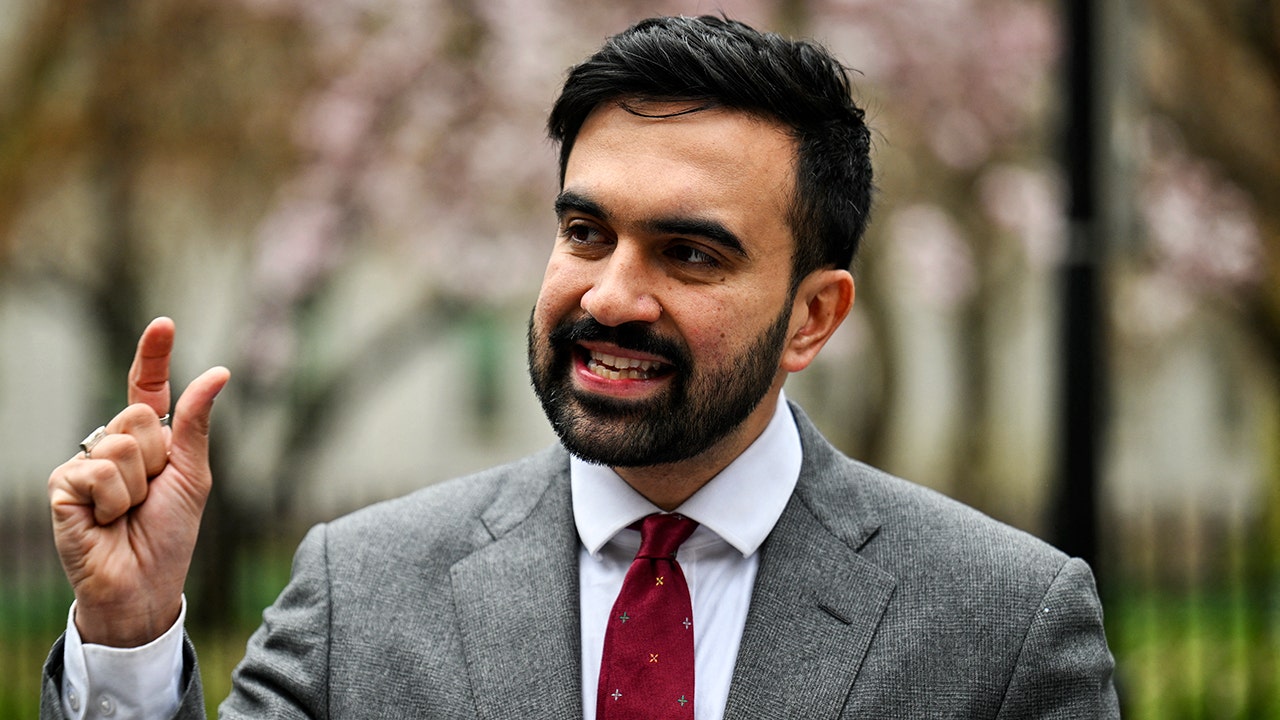Zohran Mamdani’s $1M Campaign Haul: Over Half from Out-of-State Donors, Data Shows
By Political Affairs Desk
New York, August 26, 2025 – New York State Assemblymember Zohran Mamdani, a rising Democratic Socialist star, has shattered fundraising records for his reelection bid in Assembly District 36, amassing over $1 million in contributions. However, newly released campaign finance data reveals that more than half of these funds originated from donors outside New York State, raising questions about the influence of national progressive networks in local races.
Mamdani, who represents parts of Queens including Astoria and Long Island City, announced the fundraising milestone on August 25 via social media, positioning it as a grassroots triumph against “big money in politics.” The 33-year-old Ugandan-born lawmaker, known for his advocacy on housing affordability, public transit, and Palestinian rights, credited the surge to small-dollar donations from supporters inspired by his work. Yet, a deeper dive into filings with the New York State Board of Elections paints a more nuanced picture, with out-of-state contributions dominating the total.
Breakdown of the Fundraising Haul
According to the latest disclosure reports covering the period from January 1 to July 31, 2025, Mamdani’s campaign committee raised approximately $1.05 million. Of this amount:
- In-State Donations: Roughly $480,000 (about 46%), primarily from New York City residents and organizations. This includes contributions from local unions like the Retail, Wholesale and Department Store Union and individual donors in Queens and Manhattan.
- Out-of-State Donations: Over $570,000 (more than 54%), sourced from across the U.S. and even internationally. Key contributors include progressive PACs such as the Justice Democrats and Our Revolution, as well as high-profile individuals from California, Massachusetts, and Washington, D.C.
The data, compiled from public filings and analyzed by election watchdogs, highlights a reliance on national fundraising platforms like ActBlue, which facilitated the bulk of small-dollar gifts. While Mamdani’s average donation hovers around $25—emphasizing his “people-powered” campaign—larger checks from out-of-state entities have played a pivotal role. For instance, a $50,000 contribution from a California-based environmental group and $75,000 from a D.C. nonprofit focused on criminal justice reform stand out.
Mamdani’s team defended the figures in a statement to reporters: “Our campaign is built on the support of everyday New Yorkers and allies nationwide who believe in fighting for working families. Out-of-state donations reflect the broad appeal of our progressive vision, but decisions remain rooted in the needs of District 36.” The assemblymember has pledged to adhere to New York’s campaign finance limits, capping individual contributions at $19,100 for the 2024-2025 cycle.
Context and Comparisons
This fundraising prowess comes amid a competitive primary landscape for the 2026 elections, where Mamdani faces potential challengers from moderate Democrats critical of his socialist label. His district, a diverse mix of working-class immigrants and young professionals, has been a hotbed for progressive politics since Mamdani’s upset win in 2020.
Comparatively, Mamdani’s $1M haul dwarfs previous cycles: He raised $450,000 in 2020 and $650,000 in 2022. Critics, including Republican operatives and some local Dems, argue the out-of-state influx undermines claims of local focus. “While Zohran talks about community-driven change, his war chest is fueled by coastal elites far removed from Queens’ realities,” said a spokesperson for a rival PAC. Similar patterns have emerged in other high-profile races, such as those of Reps. Alexandria Ocasio-Cortez and Jamaal Bowman, where national progressive funding has been crucial.
The reliance on external money also spotlights broader trends in U.S. politics. According to the Campaign Finance Institute, out-of-state donations have surged 30% in state legislative races since 2020, driven by polarized national issues like housing and climate. In New York, where public matching funds amplify small donations (up to 8:1 for the first $250), Mamdani’s strategy has leveraged this system effectively, turning modest gifts into substantial boosts.
Implications for the Race and Beyond
As the primary season heats up—slated for June 2026—these figures could both energize Mamdani’s base and invite scrutiny. Supporters view the national support as validation of his platform, which includes rent stabilization, free CUNY tuition, and divestment from fossil fuels. Opponents, however, may weaponize the data in ads portraying him as beholden to “outsiders.”
Election law experts note that while out-of-state funds are legal, they must be transparently reported, which Mamdani’s campaign has done. The Board of Elections is reviewing the filings for compliance, with no irregularities flagged yet. Advocacy groups like Common Cause have called for reforms to limit external influence in local elections.
Mamdani, undeterred, used the announcement to rally volunteers: “This $1 million isn’t just money—it’s momentum from people who see a better New York.” With the general election in November 2026, all eyes are on how this financial edge will shape the district’s political future.
The data was first highlighted by Politico New York in an August 25 analysis, drawing from official state disclosures. As more reports trickle in, the full scope of Mamdani’s donor network may evolve, but for now, it underscores the intersection of local activism and national ideology in American democracy.
